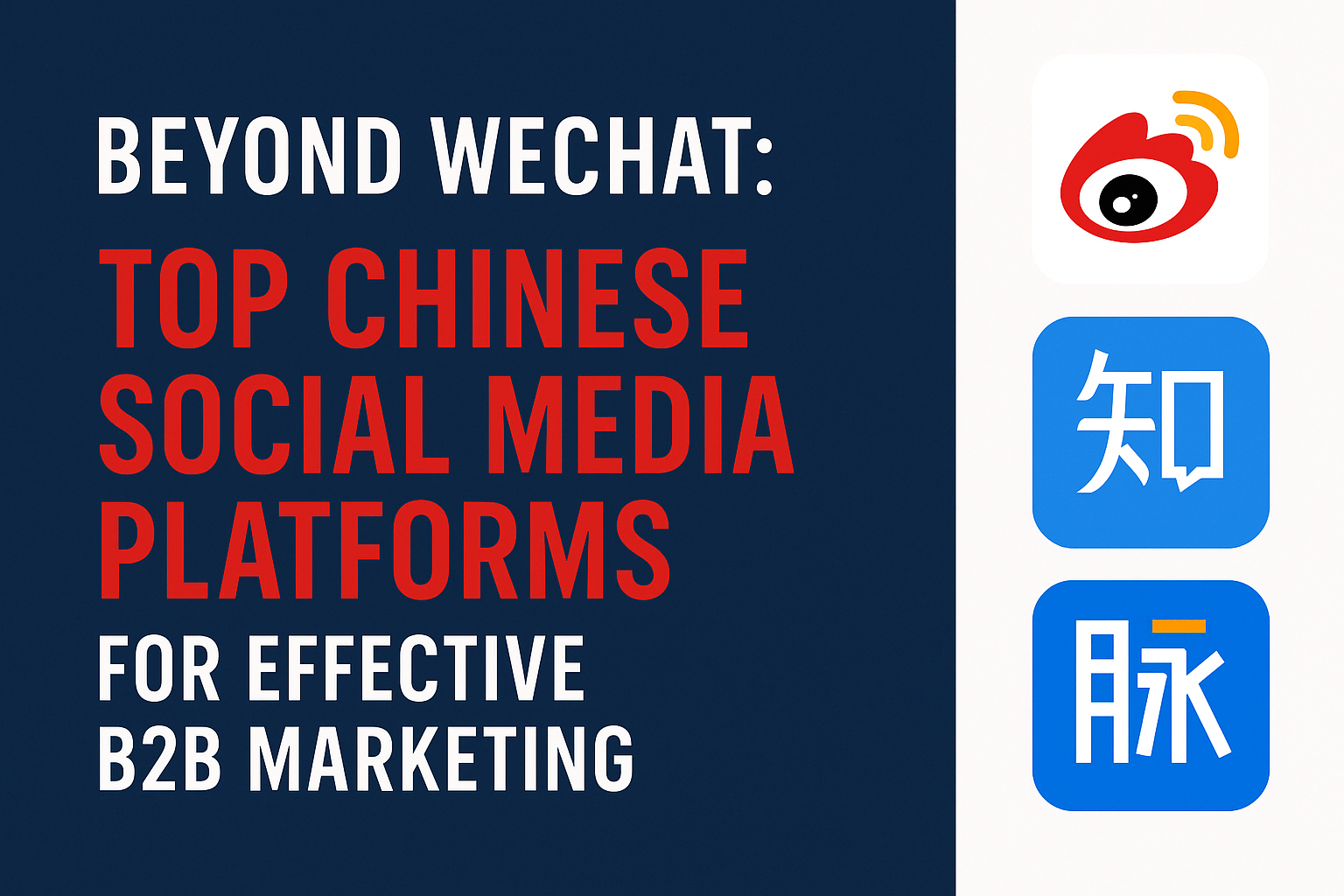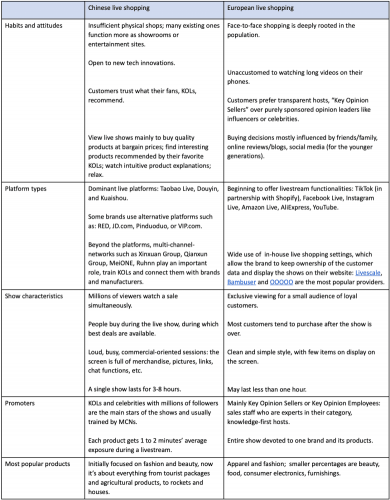1.Maths professor recognised as top content creator by Bilibili
-
Mathematics professor Song Hao gains fame on China’s Bilibili platform, akin to YouTube.
-
He got 7.2 million subscribers and 140 million views on certain videos, but recognition as one of Bilibili’s Top 100 Channels of 2023 is attributed to his “Longest Viewing Time.”
-
Hao’s award reflects the highest cumulative hours of viewing since 2021, emphasizing Bilibili’s unique approach to honoring creators based on expertise, influence, and innovation.
-
Bilibili intentionally rewards creators with clear specialist content areas, aiming to distinguish itself from platforms with generic content such as Douyin.
LINK:
https://daoinsights.com/news/
https://mp.weixin.qq.com/s/
2.China’s Gen Z wants ‘lazy health,’ budget lifestyle trends in 2024
Whether it is due to an intensive work schedule, geographical distance, or social isolation, China’s Gen Zers are experiencing a so-called “friendship recession.” Their shopping habits and hobbies have evolved in response to mounting social and economic pressures. Below are five of the key trending terms on the platform that capture Gen Z users’ mentality entering the new year.
-
Self-love (自恋浪漫主义):
Young Chinese are learning to embrace their flaws and live on their own terms.
-
Value-for-money lifestyle (性价比生活):
Chinese young consumers are adopting a more rational approach to their consumption.
-
Lazy health (懒系健康):
Young people are opting for low-cost and low-effort methods to maintain their well-being.
-
Stress-relief worship (释压崇拜):
Young workers have been relieving their stress by volunteering or meditating at temples.
-
Rebuilding neighborhoods (重构“多维”附近):
As Chinese youth experience isolation in urban environments, there’s a growing desire to seek connections within the community and build relationships with their neighborhood.
LINK: https://jingdaily.com/posts/
3.Tsingtao brews up new ice cream sub-brand
-
The Chinese beer brewery Tsingtao has just dropped a beer-flavoured ice cream. At the helm of the product launch is Tsingtao World, China’s first beer museum situated in the company’s birthplace in Qingdao’s Old Town.
-
Tsingtao World has been developing beer-flavoured ice cream for 10 years and has even been selling it on-site for some time. Now they finally going to be rolled out nationwide under the new brand name Pi Ka Bing “啤咔冰”,
-
There are also a pair of sweet, fruity twists to the main ice cream flavours, like Original Beer with Vanilla and Buttermilk and White Beer with Cherry Blossom and White Peach.
LINK: https://daoinsights.com/news/
4.Michelle Yeoh stars in a Chinese New Year short film for Lululemon
-
Academy Award-winning actress Michelle Yeoh joins eight Wing Chun dancers to herald the arrival of the Spring season in Lululemon’s short film, Be Spring.
-
The film celebrates the arrival of Spring through the concept of wellbeing, encouraging everyone to find their eternal spring in their everyday lives.
-
The 61-year-old star and the Wing Chun dancers are clad in Lululemon’s Lunar New Year capsule collection that draws inspiration from dragon scales, a timely nod to the year of the dragon.
-
This campaign gained great popularity on China’s social media like RED, where Lululemon surged on the top when searching for Michelle Yeoh.
-
This campaign also received waves of positive reactions from social media users, it shows lululemons focuses on Chinese kungfu culture.
5.What is the ‘Metallic Girl’ fashion trend in China?
-
Metallic Girl (五金女孩) refers to women who adopt a metallic aesthetic, and in less than three weeks, this trend has garnered 2.2 billion views on Douyin and 22 million views on Xiaohongshu. It has also claimed the top spot in eight Douyin hot topic rankings so far.
-
Incorporating elements such as patent leather, glitter, sequins, glossy satin, golden eyeshadows, or anything with a metallic or shiny quality — Metallic Girl brings a touch of brightness to the normally dull and muted fall wardrobe, aiming to elevate both the outfit and the wearer’s mood.
-
What makes China’s Metallic Girl fashion trend distinctive is its origin; it’s not an organic phenomenon, but rather a trend manufactured by Douyin E-commerce to generate original content and attract more traffic to its platform.
LINK: https://jingdaily.com/posts/
6.The total value of goods sold through WeChat’s video Channels nearly tripled year-on-year in 2023
-
The total value of goods sold through WeChat’s TikTok-like service nearly tripled year-on-year in 2023
-
the key figure was revealed at WeChat’s annual flagship event, but creator of the all-in-one app, Allen Zhang, was absent from the event again for three years and director-level executives also haven’t attend this year.
-
Tencent did not disclose absolute figures. Livestreaming e-commerce orders completed on Channels, WeChat’s in-app short video feature launched in 2020, increased by over 244%, the company said.
-
Tencent allowed content creators to charge viewers for watching certain videos last year, and has now expanded that to allow creators with at least 10,000 followers to set up members-only areas, where they post content only for paid subscribers.






